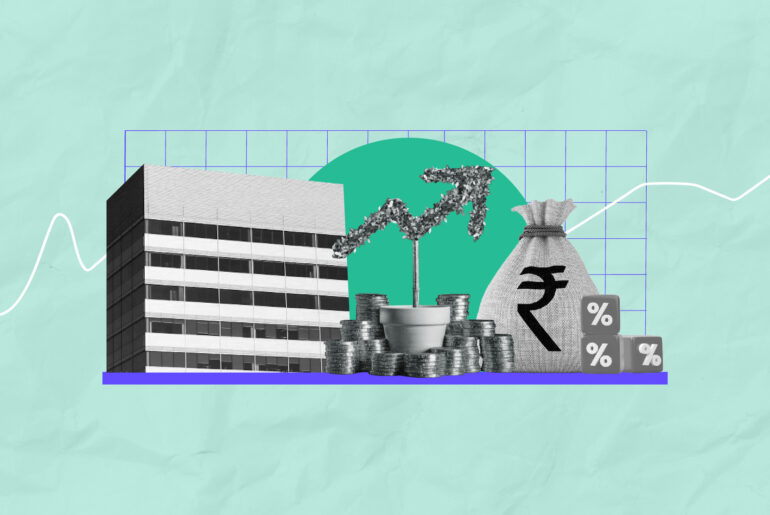Last Updated on May 24, 2022 by
Buying a house of your own is considered a huge milestone, especially in an Indian household. It is seen as the next logical move after you have a stable source of income.
However, many factors have come into play before buying a house, making this a not-so-straightforward decision. One could find renting a house as a more viable and economical option. But, nothing can beat the comfort and security of owning a house.
So, is buying a house better than renting one? Let us evaluate both options.
Table of Contents
Why is owning a house preferred?
High emotional worth
One of man’s basic three necessities is having a roof above his head. Having a permanent roof can give a man more comfort than anything in the world. It creates a sense of security and belongingness. Knowing that you have a cushion for old age reduces your mental burden. Moreover, there is a sense of attachment to your own house and a will to maintain it. It can be passed to future generations, helping them also have security to fall back on.
It reduces the costs of moving
Owning a house removes the need for moving from time to time. This can arise in rented accommodation due to many factors. It could be an increase in rent that could make it unaffordable. It could also be the completion of the time mentioned in the lease agreement. Constant shifting can be stressful and hard on the pocket. It also is time-consuming to find another place to stay, followed by packing and unpacking all your belongings.
A valuable investment
Apart from providing a high emotional worth, it also is a valuable possession. Real estate is considered a beneficial investment. Apart from extraordinary circumstances, the value of house properties is always noted to appreciate with time. Thus, it grows your capital. Not just that, you can also avail tax benefits while making the purchase.
EMI vs rent
No matter where you stay, it involves a cost in some way. This is in the form of rent when you live in a place not owned by you. On the other hand, when you buy a property, the payment is usually through EMIs. Like rent, this is also a monthly expenditure. But the upside here is that every instalment brings you closer to owning the place. So you get to cover your housing costs for the month as well.
All this makes buying your own house an advantageous move. However, a majority of young working professionals are still far from making this a priority. Let us see why.
Why is renting a house preferred?
An economical option
With the skyrocketing prices of real estate and everyday expenses, buying a house is not a priority for most. For many working professionals, income does not move proportionately with the increasing bills. Moreover, the rent you pay is significantly lower than your EMIs. This may differ from city to city, but this is the case in most metropolitan areas. It is crucial to make this comparison before deciding to buy or rent.
It does not fix you in one place
A house is an immovable asset. It binds you to the place where it is situated. In a fast-paced world, you never know when you may have to move. It could be due to a change in your job, accessibility to specific facilities, including healthcare, or even marriage. Having your own house somewhat restricts that. You may be forced to choose an option that would not go for otherwise and limit your growth.
It opens more options
Living in a rented house improves your flexibility in many ways. You may want a home that is closer to your workplace. Later on, you may wish to live in a place closer to a good school for your kids. You may even prefer living in the same district as your old parents in the future. However, the houses in such areas may not be affordable. It is, therefore, more practical to rent the place, as that cost can come within your budget. It will also align more closely with your needs.
Lesser costs involved
Buying a house has a lot of costs involved. It is not just the EMIs that you give. The first thing that fixes your position is the down payment. This is a part of the total amount you must pay upfront to lock in the place for yourself. There may also be legal fees and other commissions and charges levied by your bank involved, depending on the situation. This is apart from the registration cost and taxes that may be levied on the purchase. Additionally, you will also have to pay property taxes every year after assessment.
Lastly, the cost of renting is lesser than when compared to buying. Renters pay on average less than buyers for various amenities, housing costs, etc. To buy or rent, again, will depend on various factors and largely your financial situation.
In conclusion
The opportunity cost of buying a home is much higher than renting one. However, if you are at a stage where you are stable in life and with your finances, this can be the correct next step for you. Ensure that you consider all costs and choose a home that fulfils all your supplementary needs. After all, it is not just the house but the comfort that it provides that is desired.







